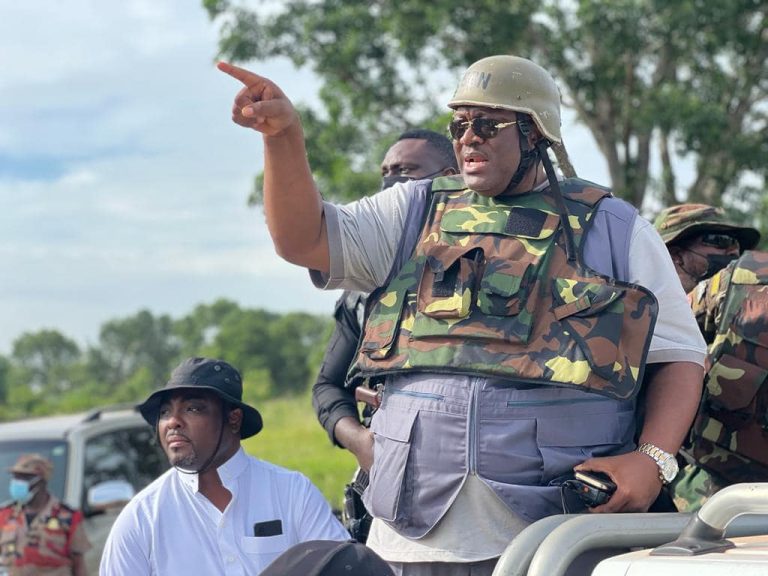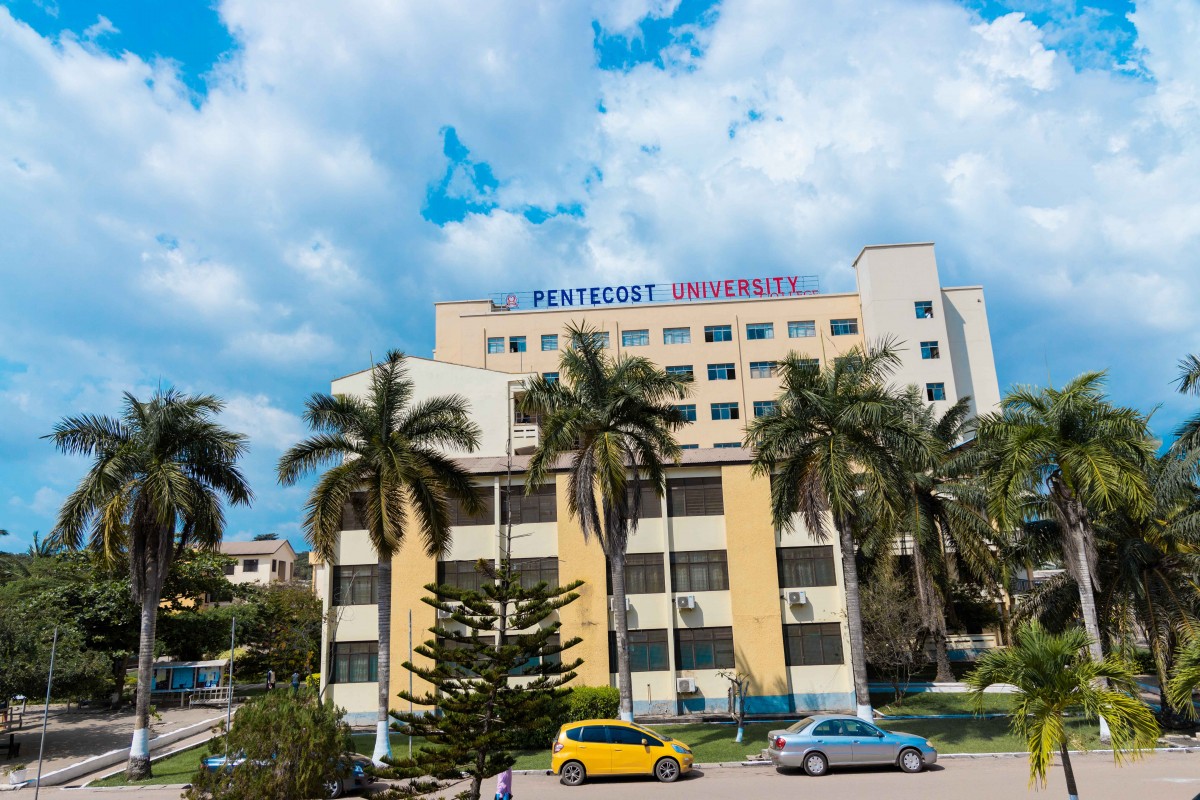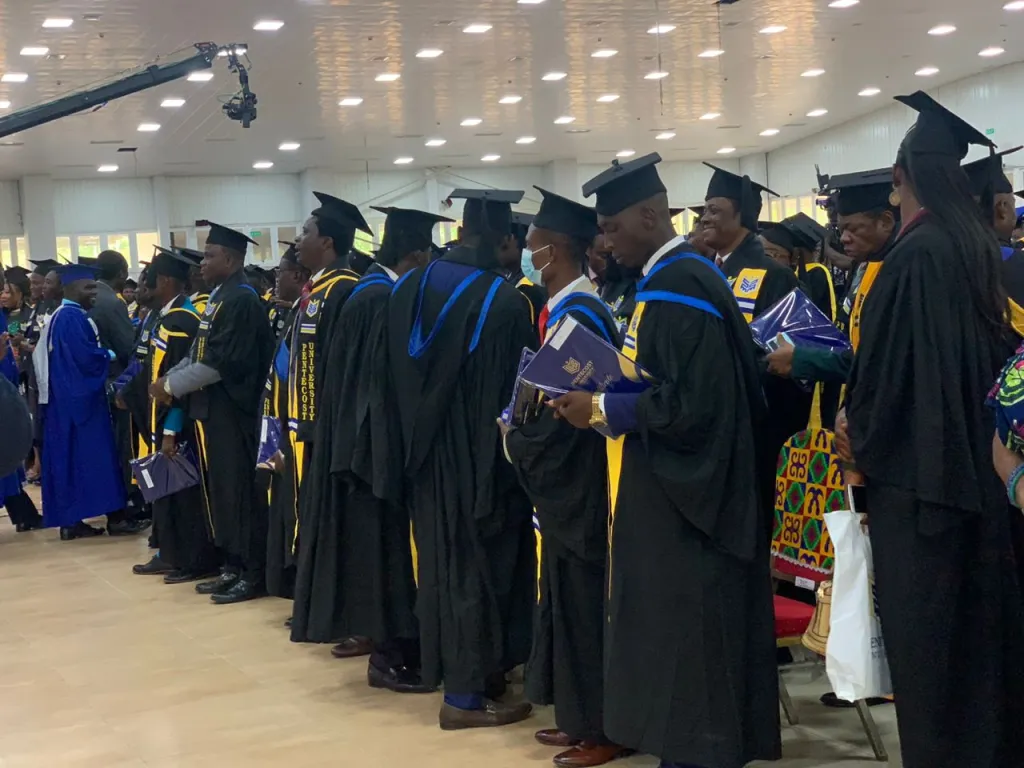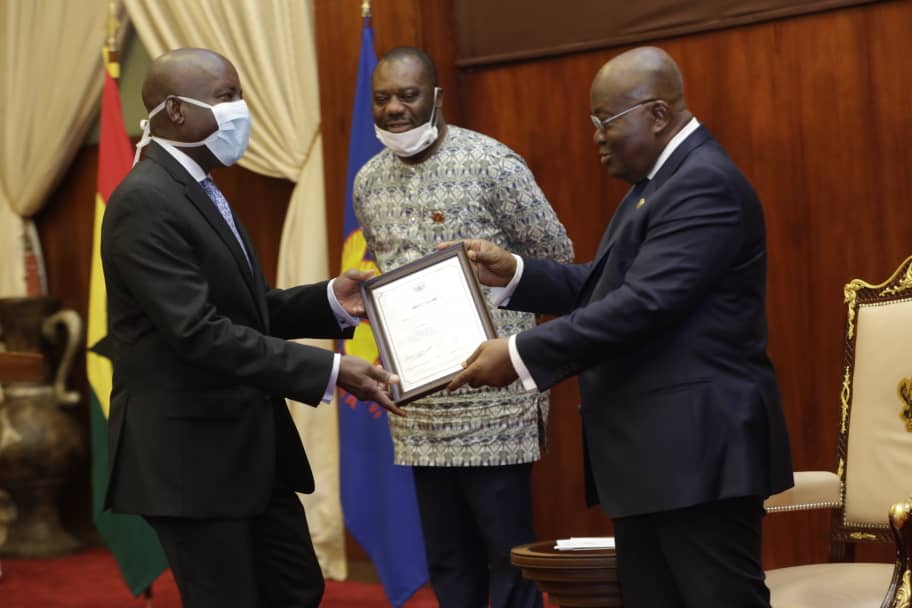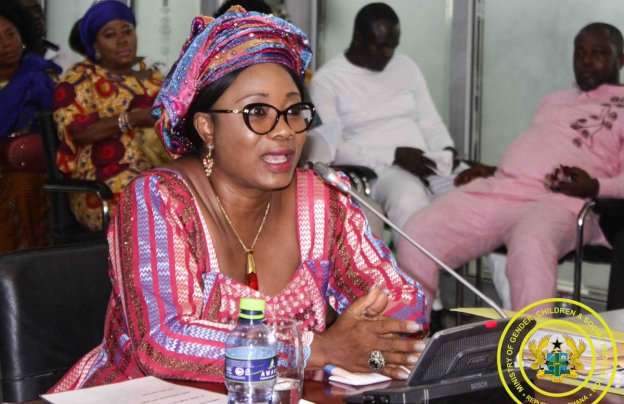Pentecost University (PU) at Sowutuom in Accra has introduced a certificate programme in Mortuary Science and Funeral Studies.
The programme seeks to equip students with the requisite skills in environmental, cultural and epidemic risks in mortuary and funeral services.
Launching the programme last Tuesday (November 22,2022), the Vice-Chancellor of the University, Prof. Kwabena Agyapong-Kodua said “we can’t fight death but we can develop structures to minimise its associated agonies and preserve the dignity of our departed loved ones.”
Faculties
On the preparedness of PU to deliver, the VC said “we have pulled together the strength of five of our faculties to deliver a unique programme.”
He said the Faculty of Health and Allied Science would focus on the health side such as infection control and microbiology while the Faculty of Business Administration would teach students the business, finance, and customer service side of it.
Prof Agyapong-Kodua further indicated that “we realised there are legal implications and this will be handled by experts from our Faculty of Law while the cultural, psychosocial aspect of grief and pastoral dimension will be handled by our Pentecost School of Theology, Ministries and Leadership.”
Furthermore, he said, the major engineering aspects associated with refrigeration, and decomposition would be handled by the Faculty of Engineering Sciences and Computing.
Students
On the targeted students, Prof. Agyapong-Kodua said the courses were suitable for the various categories of professionals in the death care value chain including the Management and Entrepreneurial Class, Managers of Funeral Homes, Mortuaries, Mausoleums and Cemeteries.
Others are the technical class which includes Morticians, Autopsy Assistants, Presectors, and the miscellaneous group which includes mortuary attendants, embalmers, pall bearers, hearse drivers, cemetery Keepers, decorators among others.
The Deputy Head of Mortuary and Funeral Facilities Agency of Ghana, Emmanuel Okyere who represented the Head of the Agency, Mr Matthew Kyeremeh, commended the university for starting the programme.
Mr Okyere pledged the continuous support and partnership of the Agency with Pentecost University in “research and innovation to have a scientific basis to inform policymaking in the death care industry and also build the capacity of staff to provide quality training and service.”
Throwing more light on the programme, the Acting Dean of the Faculty of Health and Allied Sciences of the university, Dr Ebenezer Appiah-Denkyira, said the course would be intensive.
He mentioned some of the courses to be taught. They include pathology, microbial morphology, anatomy, and embalming. He also emphasised the application of technology and social care in the training and gave the assurance that the university was well-positioned to deliver the programme.



